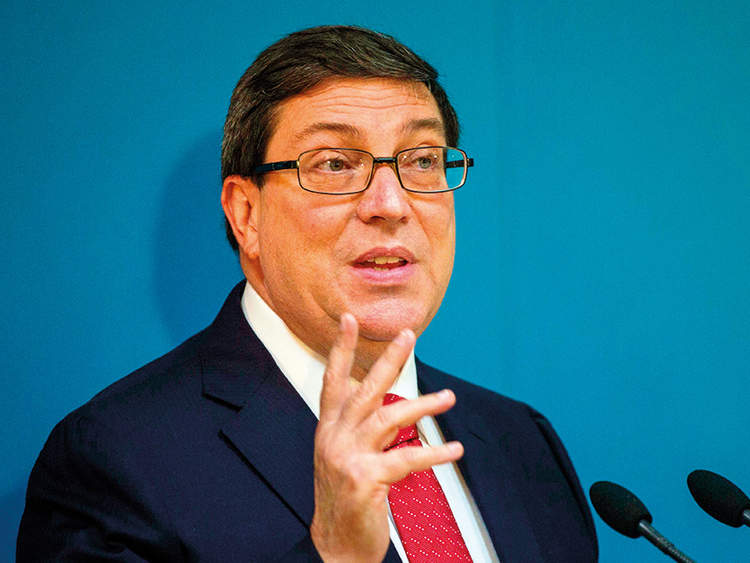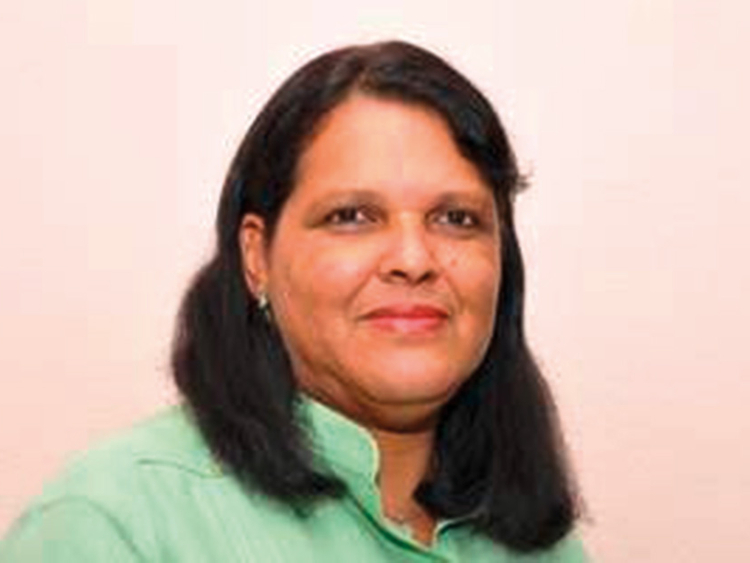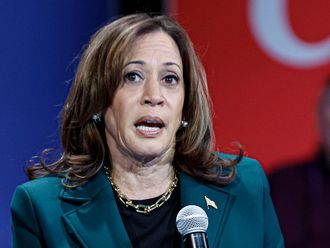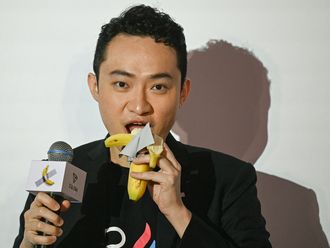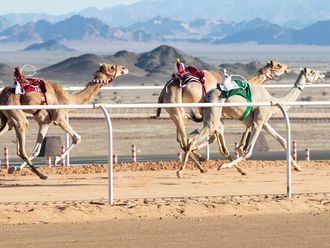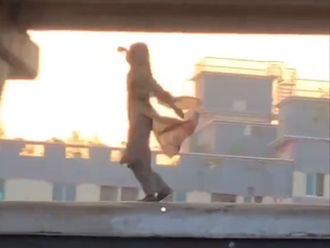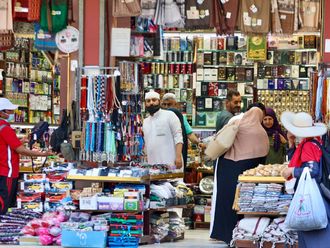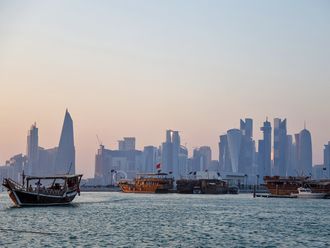Cuba: Miguel Diaz-Canel is expected to become the first non-Castro to hold Cuba’s top office since the 1959 revolution led by Fidel Castro and younger brother Raul.
He will confront a stagnant economy, decaying infrastructure, a hostile US administration and widespread disenchantment with Cuba’s centrally planned system. And he will do so with Raul Castro looking over his shoulder as the former president keeps the post of first secretary of the Communist Party.
Diaz-Canel, who turns 58 on Friday, has largely stayed out of the limelight and not given the public a clear picture of what to expect from his leadership. He has been seen at greatest length in a leaked video of a Communist Party meeting where he sombrely pledged to shutter some independent media and labelled some European embassies as outposts of foreign subversion. He appeared to soften his image with some public comments in March.
Diaz-Canel, who graduated from the University of Santa Clara in 1982 then did three years of obligatory military service, was an engineering professor at the school. He joined the Young Communists’ Union in 1987 and worked his way up through the Communist Party hierarchy starting with provincial positions.
In 2009, he received his first national post when Raul Castro named him minister of higher education. He rose to vice president in 2012, then was first vice president in 2013.
Some of the next generation of Cuban leaders as Raul Castro prepares to give up the presidency:
MARINO MURILLO
Murillo is known as the czar of the economic reforms implemented under Raul Castro that represent a relatively small opening to private enterprise.
He was an obscure figure until 2009, when he was appointed minister of economy and planning and later vice president of the Council of Ministers. The Cuban public then got to see him on TV as he defended the new economic policies in the legislature, at time in exchanges with Raul Castro.
In 2012, media outlets in Florida reported that a daughter, Glenda Murillo, had moved to the US. It was an uncomfortable situation for a senior government official with oversight of the island’s economy but family members said she left for personal, not political reasons.
Some official biographies say he has a degree in economics and once worked as an auditor in the ministry of food industry. Born February 19, 1961, he has been a professor at the Central University of Las Villas. He has been involved with the Communist Party since the 1990s and the Young Communists before then.
BRUNO RODRIGUEZ
Rodriguez is well-known outside Cuba because he has served as foreign minister in recent years and has defended the island in international forums.
Born January 22, 1958, in Mexico, Rodriguez is the son of a high-ranking Cuban official who held various posts during the Cuban revolution. He studied law at the University of Havana and held posts with the Young Communists and the Federation of University Students, a base of support for the government.
He served in Angola in 1991 before he was appointed to run the newspaper Juventud Rebelde. In 1993-2004, he served as ambassador to the UN and then as deputy minister of foreign affairs.
As foreign minister he replaced Felipe Perez Roque, who had been seen as a potential successor to Fidel Castro until he fell from grace. Rodriguez has been part of the Political Bureau of the Communist Party since 2012.
MERCEDES LOPEZ
A forestry engineer by training, Lopez is the only woman among the top ranks of the new leadership. She served as first secretary of the powerful Communist Party of Havana and as a vice president of the Council of State.
She is one of the younger members of the senior leadership, born on September 1, 1964. She previously served as director of the Union of Young Communists in western Pinal del Rio province.
Like many senior officials, her public biography is brief. But in recent years she represented Cuba in various tours in African nations and achieved a higher degree of national visibility.


